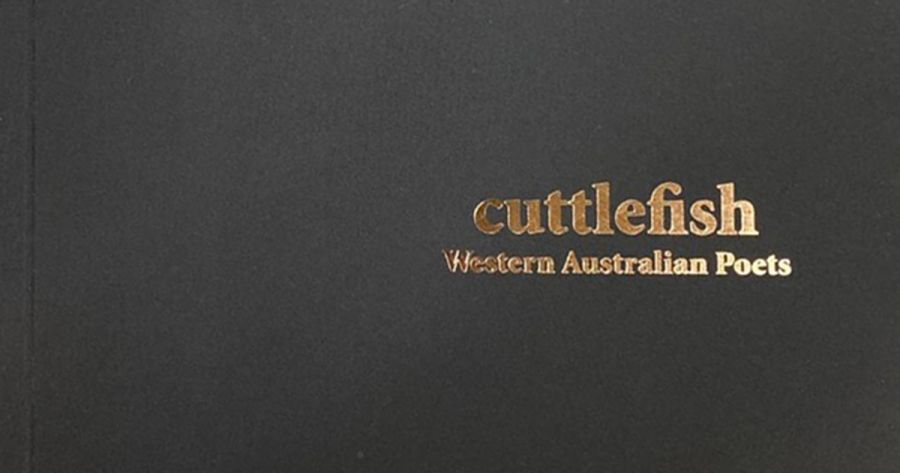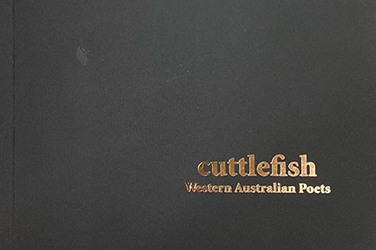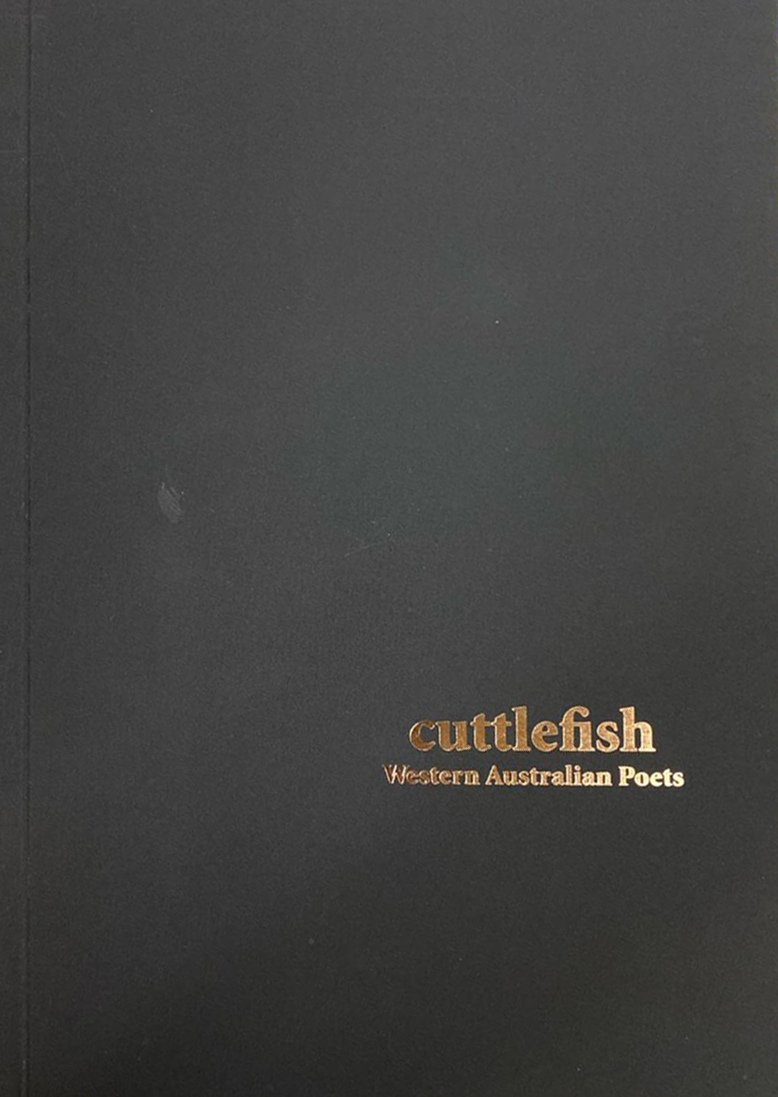
- Free Article: No
- Contents Category: Poetry
- Review Article: Yes
- Article Title: Poems to share
- Article Subtitle: An admirable anthology from Western Australia
- Online Only: No
- Custom Highlight Text:
In Marion May Campbell’s poem ‘in the storeroom,’ which appears in Roland Leach’s anthology Cuttlefish, she writes that ‘poems are letters that go astray’ – a whimsical yet fitting definition of the kind of poetry that appears in this collection. In these digital times, there is something ceremonial about a letter: a personal communication which must be opened and held; possibly shared, intentionally or otherwise. The poems in this collection have a tight focus; each is confined to a single page. They are often personal, poems of memory and family, beginning with reminiscence and hinged with sharp insight. They may be poems about the natural world, thoughtful and observant like missives from a traveller.
- Featured Image (400px * 250px):

- Alt Tag (Featured Image): Brenda Walker reviews 'Cuttlefish: Western Australian poets', edited by Roland Leach
- Book 1 Title: Cuttlefish
- Book 1 Subtitle: Western Australian poets
- Book 1 Biblio: Sunline Press, $25 pb, 103 pp
- Book 1 Cover Small (400 x 600):

- Book 1 Cover (800 x 1200):

In his Introduction, Leach writes about his objective – to produce a collection that the reader might hold close: ‘a small volume, a book that can be carried around, read on a train, a couch, a beach. It is not an anthology that needs to be read formally at a desk, nor is it to be read and never picked up again. These are short poems that invite you to go back as many times as possible.’ The poems generally work as he intended. They are often memorable and beckoning, and among eighty-three poems readers are likely to find plenty to return to. The collection is organised in reverse alphabetical order, so that preferred poets will be easy to find – and perhaps also to place Fay Zwicky’s strong poem of motherhood at the beginning. Leach provides no explanation for the title, which is also the title of a Sunline Press magazine, but a poem about cuttlefish in his collection Approaching Zero describes cuttlefish skeletons scattered on beaches. In wintertime, coastal children are stranded on the shore like the hardened remains of the cuttlefish, which are beautiful when they are alive and in their own element. It is an image of significance.
There is some exceptional poetry of the natural world in this collection. John Kinsella’s ‘Villanelle of Watering the Trees’ is an acknowledgment of human limitation in a dry environment where trees must be hand-watered. Tank water is running low and the trees cannot survive without it, but the speaker persists: ‘But I will never stop trying to lift the trees / to eye level and higher, to climb against the new climate – / this is no survivalist act but one of constancy.’ The final line is repeated at the end of each stanza as the poet repeatedly keeps faith with doomed plantings.
Annamaria Weldon’s ‘At Lake Clifton, Again on being diagnosed with Parkinson’s Disease’ is a companion to her 2014 book of essays, poems, and photographs, The Lake’s Apprentice, in which she charts her connection to the Western Australian wetland, far from her birthplace of Malta. Here, she writes about the constant movement of the lake, with light forming a ‘dancing net’ over water and sand. Nine years later, her physical tremor finds a new – and sad – kinship in the constant mobility of the natural world: ‘Shimmering water suggests kinder words / for shaking.’ And ‘Peppermint trees absorb the breeze, designed / to tremble: each leaf’s long stalk yields, twigs hinge / on whip-like branches.’ Illness and the natural world are unsentimentally united in this remarkable poem.
Catherine Noske, known for her fiction and her work as Editor of Westerly, has contributed a poem about the discordant intrusion of European timber on a bushwalking track in ‘Pine Plantation on the Bibbulmun’, where ‘alien space’ creates an uneasiness in the viewers, who are ‘in-between, not responsible / but guilty remembering that feeling of pine, / that prevalence, tables and paper and / fake trees, sticky, smelling of Christmas, / part of any other place but here’. The landscape is compromised, and so are the viewers.
There are many fine poems about birds in the anthology, including Claire Potter’s ‘Pond Weather’, where a swimmer finds her mother in the form of a cormorant breaking the surface of the water: ‘Her wings rake the pond into an exclamation of black glitter / She addresses me from her wingspan, her beak / clapping like a pair of scissors’; or Rachael Petridis’s ‘Rufous Night-Heron’, where cautious observation shows the vigilant heron: ‘in the russet forest of his roost / in the crook of the old peppermint / his compass plume lifting / its needle his yellow eye’.
Interspersed with nature poems are poems of family and memory, including a particular favourite of mine, ‘The Green Jumper’, by Nandi Chinna, describing a gift to her father: ‘As his frame began to disappear into his skin, / arms poking out like kindling, / his chest a collapsed nest abandoned by birds, / I gave my father the green jumper.’ After his death, she washes the residue of his life from the garment, but traces of him remain, ‘the water never running clear’. Another, fiercer poem by Natalie Damjanovich-Napoleon sets the romanticising of rural labour, the ‘paintings of peasants bent over in fields, / light streaming through hay bales, sickles held high’ against the stiffening muscles, sweat, and grime, and the sun exposure of workers who are insistent about education for their own children.
I began with Marion Campbell’s motif of a poem as a letter. Like the best of personal letters, these poems are valuable expressions of connection and concern and should find a great many appreciative readers.


Comments powered by CComment